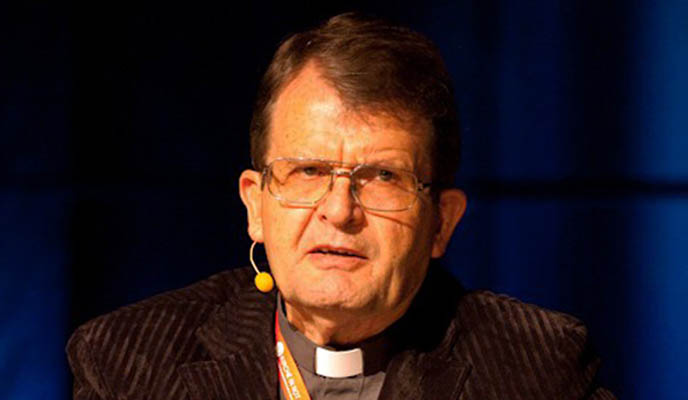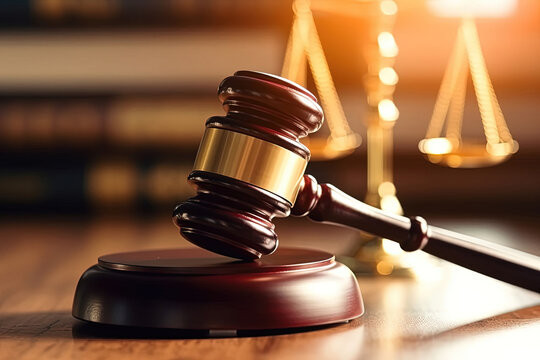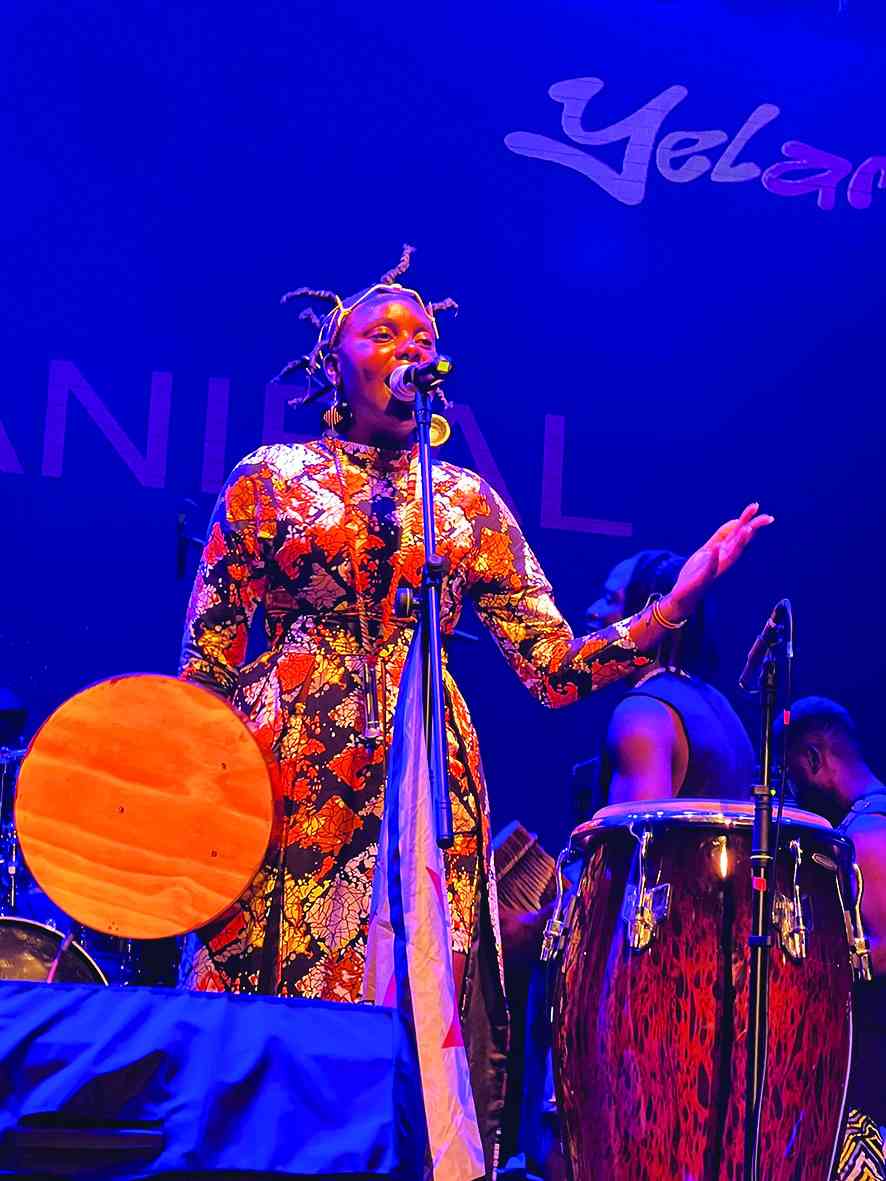
Guest Column: Fr Oskar Wermter SJ
IF the citizens do not feel any longer represented by the men and women they have cast their ballots for, and Parliament is no longer effective in serving the common good, can no longer defend human rights, and preserve human dignity, opposition parties will resort to political pressure and demonstrate publicly against hunger, unemployment, failure of health services and education, including the breakdown of public transport.
Government will use “the forces of law and order” (the police and military) to stop the embarrassing protest against the political class and their inability to deliver on their promises of a new economy and order. The Constitution, of course, does allow demonstrations by civilians: Every person has the right to demonstrate and to present petitions, but these rights must be exercised peacefully (Constitution of Zimbabwe).
Even a peaceful demonstration may easily turn violent and cause injuries and damage to property. Political leaders, if they suspect that police and army will use violence, including fire arms may, within the great excitement of such public events, let their own supporters throw dangerous missiles which may cause harm to people and public facilities.
Police officers and soldiers may retaliate with allegedly non-lethal weapons like baton sticks, teargas and water cannons, among others.
All sides get deeply emotionally involved; there is anger and aggression. Over time, political activists develop a hatred for the “cops”, and the latter treat with contempt citizens who insist on their democratic freedom.
It becomes worrisome when the cops thrash old men, women as old as their grandmothers and youngsters who could be their children or punish viciously the enemies of the government which they serve. The forces of law and order should be loyal to the State, rather than the government and party in power.
Political speeches become sheer “hate speech”. The nation is being poisoned by anger and acrimony.
- Chamisa under fire over US$120K donation
- Mavhunga puts DeMbare into Chibuku quarterfinals
- Pension funds bet on Cabora Bassa oilfields
- Councils defy govt fire tender directive
Keep Reading
If we are to respect the Constitution and allow the people to make use of their right to demonstrate, then we must learn to handle the free expression of a citizen’s personal political views and teach the police officers to do the same: there are countries that do this professionally.
They do not injure or even kill members of the opposition (we could name them “freedom fighters” as in our glorious past). Police officers should see in them fellow human beings and citizens who deserve protection and defence against aggression (do they not belong to the defence forces?). Are the citizens not the employers of police officers and army personnel?
The leaders who call their followers to attend demontrations should, statesmen-like, approach the chiefs of police and discuss with them what both sides must do to keep the public protest “peaceful”, and ensure that their political rights are observed. This would require truly professional security forces capable of self-control before they try crowd-control – free of anger and acrimony.
There used to be similar tension and friction between people and public officials before Independence under the then colonial Ian Smith regime. At one time, a church-run justice and peace committee had permission to coach police officers about human rights in Africa.
Did that have any effect in the war and did it put an end to brutality and inhumanity? We are not sure. But we must try and stop violence in a country that has seen so much of it!
Should we not question that beatings with baton sticks are going to make this a more humane and civilized society? There are political allies and colleagues who could tell us. Zimbabwe should not acquire a notoriety on international news broadcasters for the inhuman sadism and shocking cruelty of her defence forces.
Our aim and objective must be to create a new Zimbabwe where the word “comrade” means authentic fellowship, citizenship and sharing the country for the good of all.
This needs a moral and spiritual foundation which is a new respect for human dignity. Thrashing your grandmother unconscious is not a display of respect for her both as a citizen and mother.
Should our leaders permit the youth to treat their elders with such brutality? Should we not learn better manners and acquire better habits in our social and political life?
Fr Oskar Wermter writes in his personal capacity











